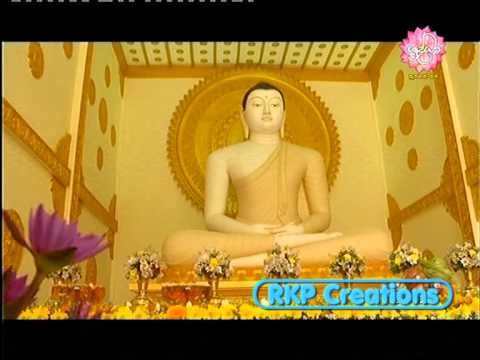


The paper identifies the contribution of the International Organizations as well as Government Indigenous Medical System in protecting traditional knowledge in health. Various aspects of preservation, protection and promotion of the traditional knowledge are looked into by many international bodies. Understanding the relevance and importance of traditional knowledge and traditional cultural expressions, various institutions and instruments have evolved in the international arena, to promote and safeguard traditional knowledge. The challenges faced by traditional knowledge and traditional cultural expressions in health and well-being due to Sri Lanka’s complex social, religious and political history that mixes Sinhalese, Tamil, Muslim, Buddhist, Islam, Hindu beliefs, as well as the influences of colonization are outlined in this paper.

Local Sri Lankan beliefs, knowledge, and practices were used in protecting mental health through rituals and performances, such as pirith, meditation, bodhi pooja, wows, yoga, astrology, palmistry, healing through spirits, exorcism, tovil, charms and amulets, adi veil and hetme ritual. Some forms of traditional healing in Sri Lanka include, Ayurveda, Keraminiya, Horiwila Kadum bidum (Orthopaedics), Rasa Shastra, specialized indigenous eye doctors, the Homoeopathic system of medicine and Acupuncture. Sri Lankan beliefs, knowledge, and practices have been used in healing through medical practices. Diverse forms of traditional knowledge existed in medical treatment for all forms of disease including viral, bacterial and fungal diseases all forms of surgeries all forms of mental illnesses and on healthy living and well-being of individuals and communities. It considers the internal and external forces that influenced in evolution of Sri Lanka’s traditional knowledge and traditional cultural expressions the historical developments and achievements in traditional knowledge and traditional cultural expressions in healing and well-being, giving examples of ancient historical and literary sources. Then, the paper traces the historical evolution of traditional knowledge and traditional cultural expressions. I have marked the parameters of my study by exploring and defining the concepts of ‘traditional knowledge’, ‘traditional cultural expressions’, ‘traditional knowledge in health’, ‘traditional healer’, ‘a healthy person’ and the notion of ‘well-being’. My paper is an exploration of the dying secrets of traditional knowledge in health and well-being in Sri Lanka and an attempt to find ways of safeguarding it as intangible cultural heritage of the humanity. Societies from all parts of the world possess rich sets of experience, understanding and explanation. Sophisticated knowledge of the natural world is not confined to western science.


 0 kommentar(er)
0 kommentar(er)
